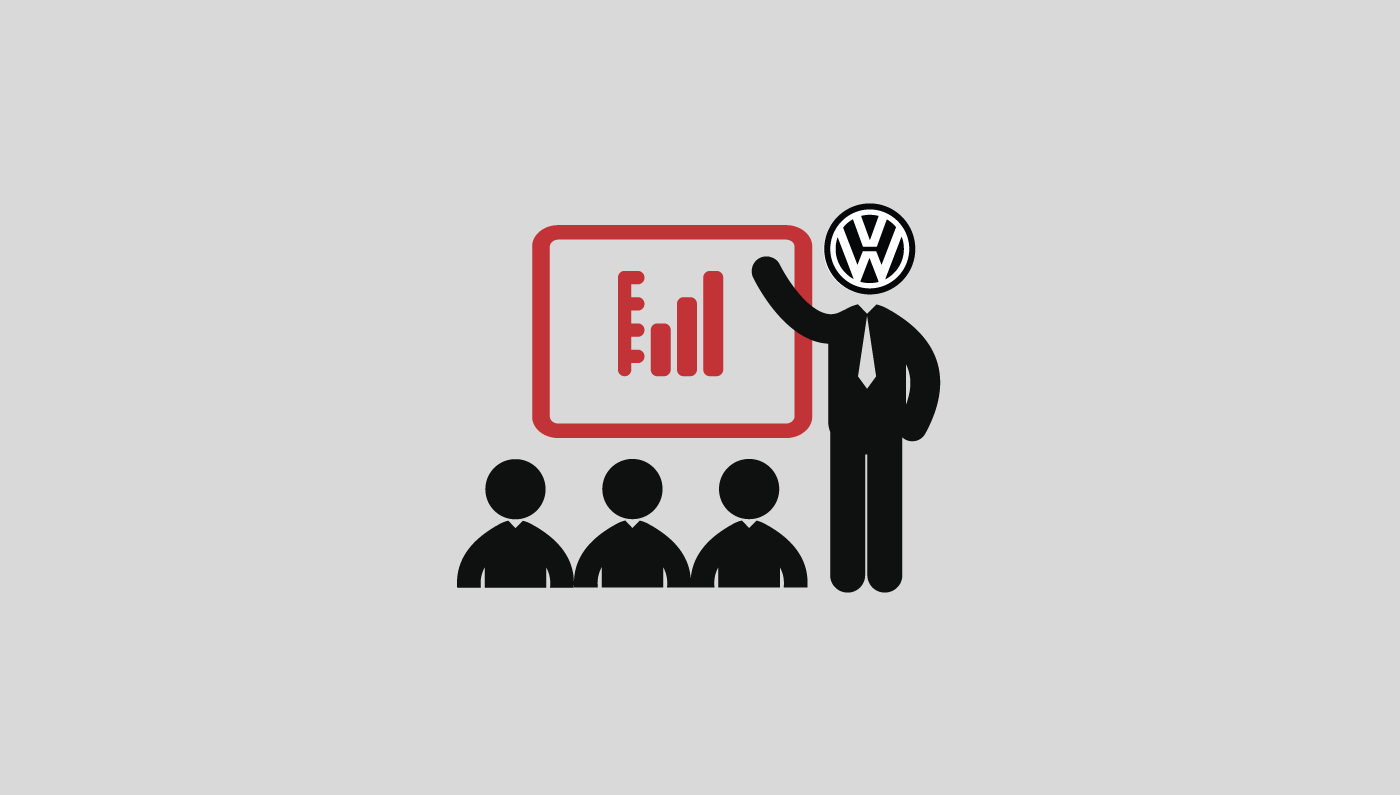The recent Volkswagen scandal came as an overwhelming disappointment to the public. One of America’s most trusted car brands, VW was known especially for the reliability and safety of their vehicles. Now, when you hear “Volkswagen,” you think of the dramatic news headlines that continue to bash the company’s reputation. Despite having an engineer as its new CEO, VW can’t depend on confusing science or technical knowledge to explain their way out of this. Instead, they need to emphasize clear, easy-to-understand communication with their customers.
In other words, their engineer CEO needs to learn to talk like a marketer.
First, it’s important to have the facts utterly clear. All car engines are programmed with intelligent software. Yet in some of their cars, VW engineers wrote specific code into their software that allowed the engines to detect when they were being tested in a lab environment versus being driven regularly. As a result, the engines produced lower emissions during tests than they did on the road. Beginning in 2009, the “clean diesel” engine models were all equipped with this special software. VW reported that a total of 11 million cars were affected worldwide.
With every new revelation like the ones above, the damage to VW gets worse. Their rebound will depend on how effectively and efficiently they’re able to communicate with the public. As of now, they haven’t done much other than apologize.
But apologies will only get them so far. After wasting so much time already, VW needs a game plan. They must deliver something concrete to show they’re being proactive in regaining consumer trust. The most crucial step is to get VW off the front page, advises marketing professor John Neal of Fairfield University, who formerly headed advertising agency Campbell Mithun Esty.
Thus far, the company’s decisions haven’t inspired much confidence that the story will be fading away. CEO Martin Winterkorn resigned and was replaced by Matthias Müller, the former CEO of Porsche, who, like Winterkorn, is also an engineer.
Muller isn’t a surprising choice. He’s been Porsche’s CEO since 2010, and while there, he increased sales by expanding the company’s fleet of vehicles to include more family-friendly models like SUVs.
But ultimately VW can’t engineer its way out of this crisis, especially since it was bad engineering that doomed the company in the first place. Instead, Muller needs to look to a softer science— communication— to make a difference.
There is an entire brand at stake and the people who are capable of saving it are the ones who know the public best: the marketers.
When dealing with complicated products like cars, marketers know they need to simplify their messaging and help people see value, not complexity. And Muller needs to be careful to communicate the same way, avoiding engineer-speak and offering clear, succinct solutions and explanations for why this happened.
So how does an engineer learn to talk like a marketer?
For a good example, VW should take some advice from Johnson & Johnson. In 1982, their leading over-the-counter drug company, Tylenol, took a detrimental hit. Someone replaced a selection of their Extra-Strength capsules with a product containing cyanide. This resulted in several deaths and a complete crisis for the company.
But instead of trying to explain why Tylenol was still safe by lecturing customers about the medical science behind the drug, the way Johnson & Johnson handled this was impressive. They removed all Tylenol off the shelves, even the untainted bottles, to show consumers they would take no risks with their safety and trust. This went above and beyond and put them on the right path to regain their reputation. By opening a clear line of communication with the public, they were able to hear consumer’s concerns and address them accordingly.
To regain a positive public opinion VW must go above and beyond what they think is necessary, and then do more than that, as Neal suggests. It will take a tremendous amount of convincing to make people re-assess the company positively. It must be done in a clear and transparent way, especially since hidden engineering was the cause of this problem. Developing a sustainability initiative or paying the rest of their customers’ leases would put them on the right track. Above all, it needs to be clear to the public that VW is doing everything in their power to mend relationships with their customers. The existence of the VW brand depends on how well they carry out this lofty task.

